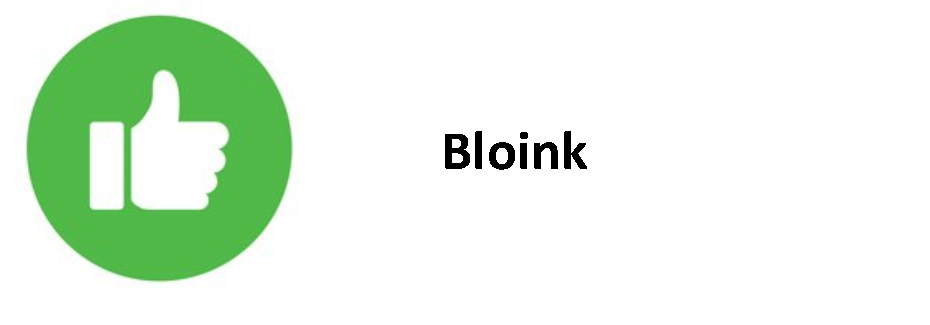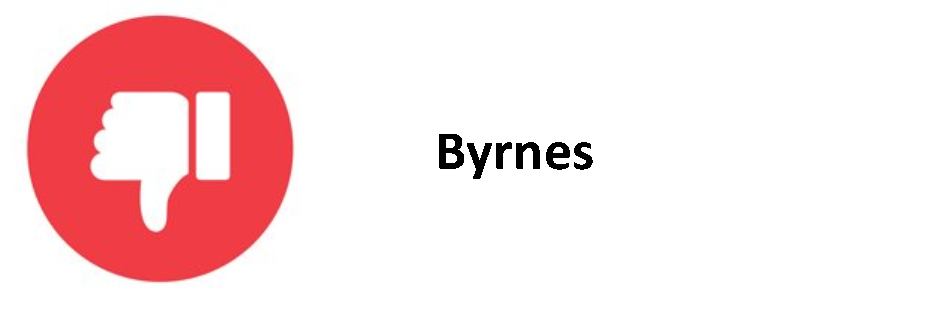Mandatory Roth Catch-Ups
Starting in 2026, under the SECURE Act 2.0, taxpayers who earned at least $145,000 in the prior year from the employer sponsoring the plan must treat any available catch-up contributions as Roth contributions. Originally, the requirement was set to become effective in 2024, but the IRS delayed the effective date until 2026. Roth catch-up contributions are made using after-tax dollars, so they will not reduce current taxable income, but can be withdrawn tax-free in the future. The $145,000 amount will be indexed for inflation in future years. In proposed regulations, the IRS confirmed that it remains optional for employers to offer a Roth savings option. If the plan itself does not offer a Roth savings option, an individual who is subject to the Roth catch-up requirement will not be permitted to make catch-up contributions at all (meaning that employers must track which employees are subject to the catch-up rule regardless of their choice).
We asked two professors and authors of ALM’s Tax Facts with opposing political viewpoints to share their opinions about mandatory Roth 401(k) catch-up contributions for high-income taxpayers.
Below is a summary of the debate that ensued between the two professors.


Their Reasons:
Bloink: This new change is bound to benefit American taxpayers in the long run.Many taxpayers don't fully understand the benefits of diversifying their retirement savings with a Roth option. Instead, they tend to focus solely on the up-front tax break offered by traditional accounts.Taxpayers who are able to take advantage of the expanded catch-up contribution limits will also benefit by diversifying their overall retirement savings portfolio—and others will benefit because employers are much more likely to offer a Roth option to keep their higher earning employees satisfied with their employment benefit offerings.
Byrnes: The more I look at these new rules out of the Biden administration, the less beneficial I think the mandatory Roth catch-up system is likely to be going forward. Plan sponsors and employees are not required to aggregate employees' income from multiple sources for determining whether they qualify as "high income" for the Roth mandate purposes. That means taxpayers with multiple income sources—an entirely common scenario—could avoid the Roth mandate even if their income exceeds the relevant income threshold. All that does is reduce the federal government's "savings" benefit that stems from prohibiting pre-tax catch-up contributions for the highest income taxpayers.
_______________________________________________
Bloink: Sure, the rules are complicated, but we've had an IRS-imposed phase-in period designed to give plan sponsors time to develop processes to make the system work—and we also have proposed regulations on the mandate. By not requiring employers to aggregate an employee's income from multiple sources, the law creates a much more manageable situation for employers--because they aren't tasked with uncovering all of an employee's income from outside sources.
Byrnes: Self-employment income is completely excluded when determining whether an individual is subject to the Roth mandate. It seems that there are too many ways to work around the new Roth catch-up mandate.
_______________________________________________
Bloink: I don’t think we have much to worry about in terms of attempts to game the system here. Roth savings accounts are incredibly valuable. We haven’t entirely eliminated the ability of higher income taxpayers to make pre-tax contributions to their traditional retirement accounts and reduce their overall upfront tax liability. We’ve essentially mandated a diverse retirement portfolio that has the added benefit of potential current revenue for the federal government, given the taxable nature of Roth contributions.
Byrnes: Employers aren't even required to offer a Roth option in the first place—and many probably won't. In the end, I think the rules are going to create a situation where eligible employees may fail to make catch-up contributions entirely and end up with reduced retirement savings—because they may not even be sure about whether they're subject to the mandate or not.
